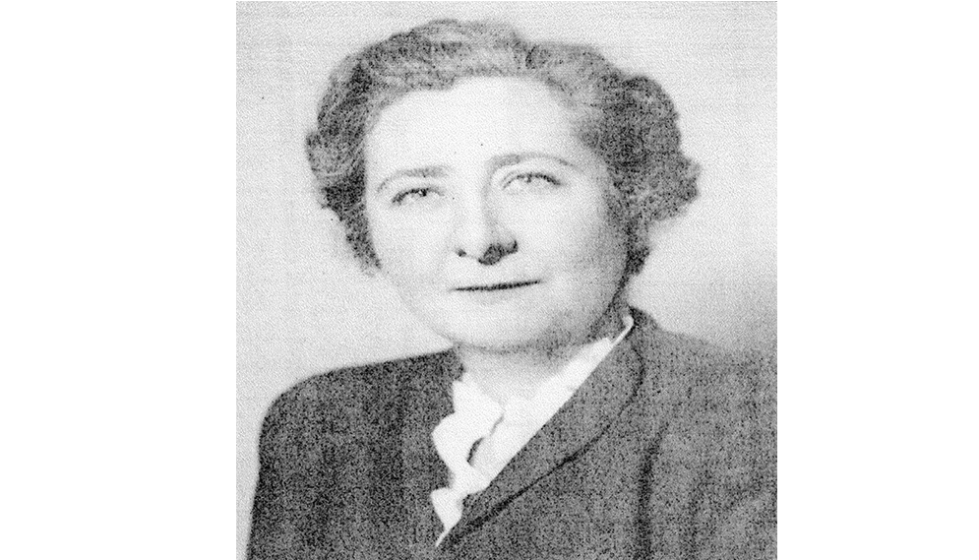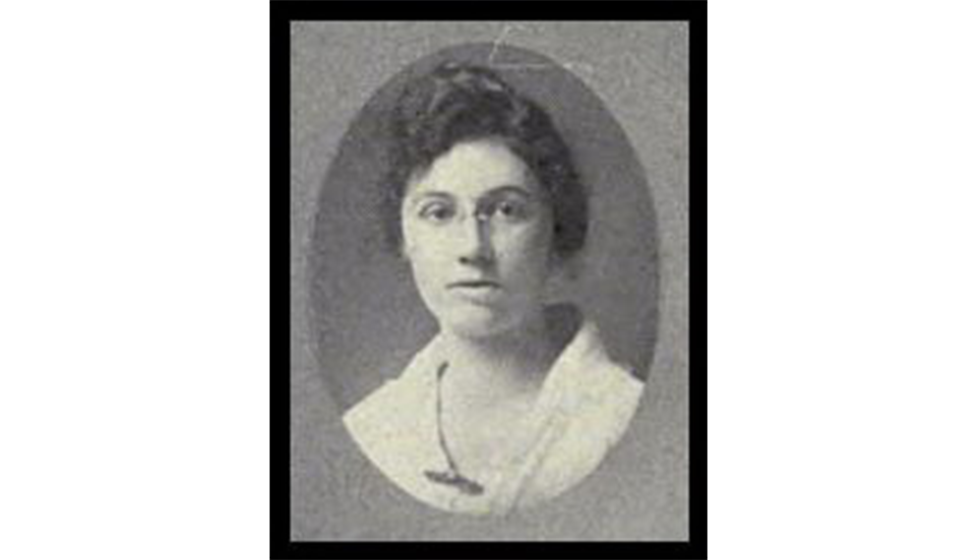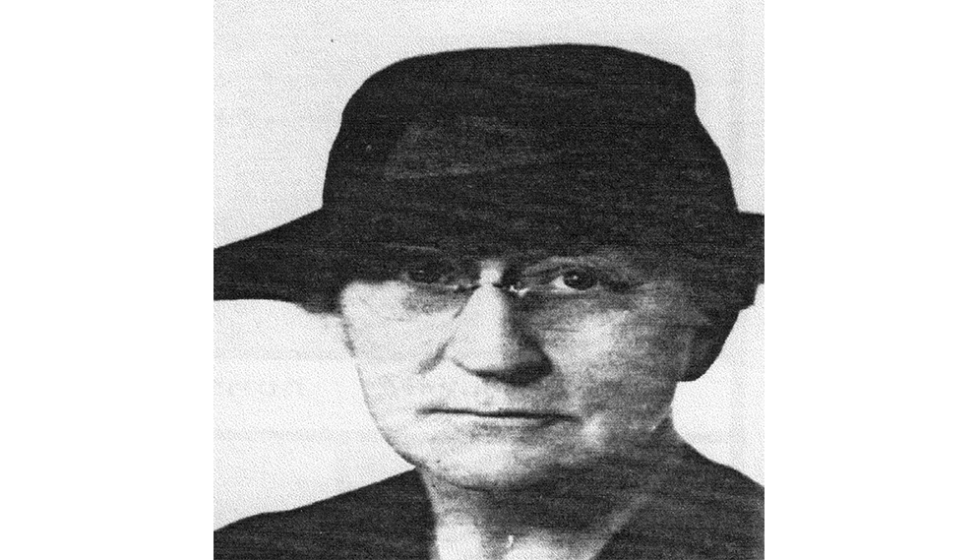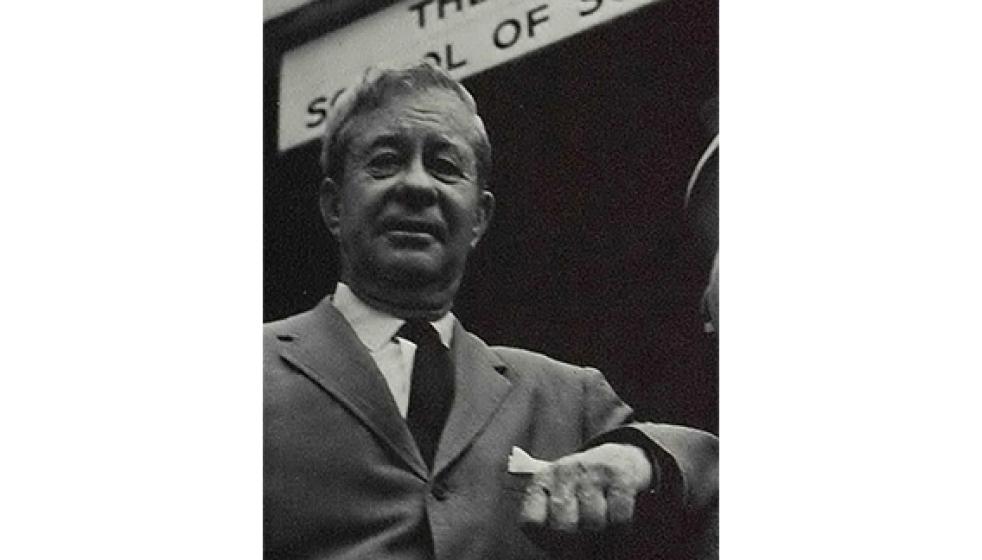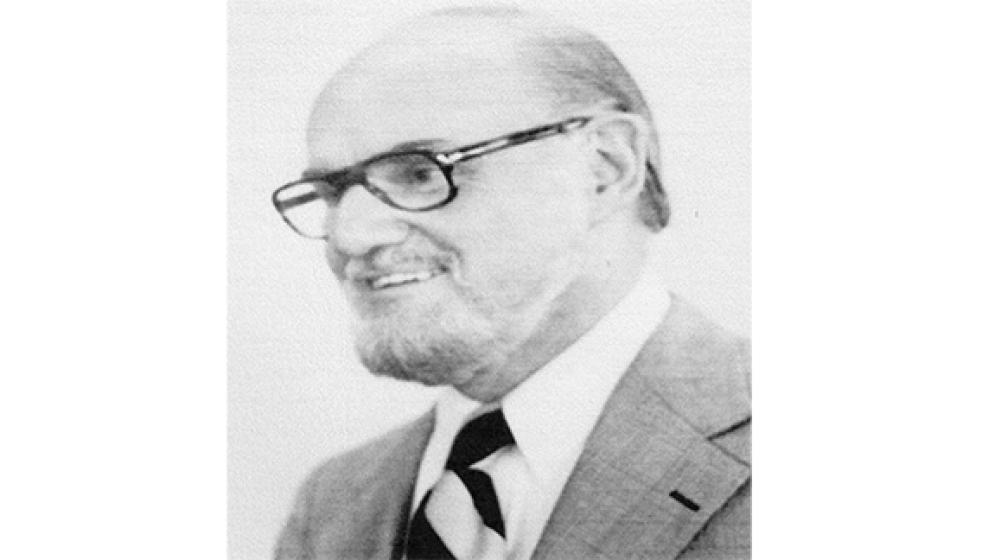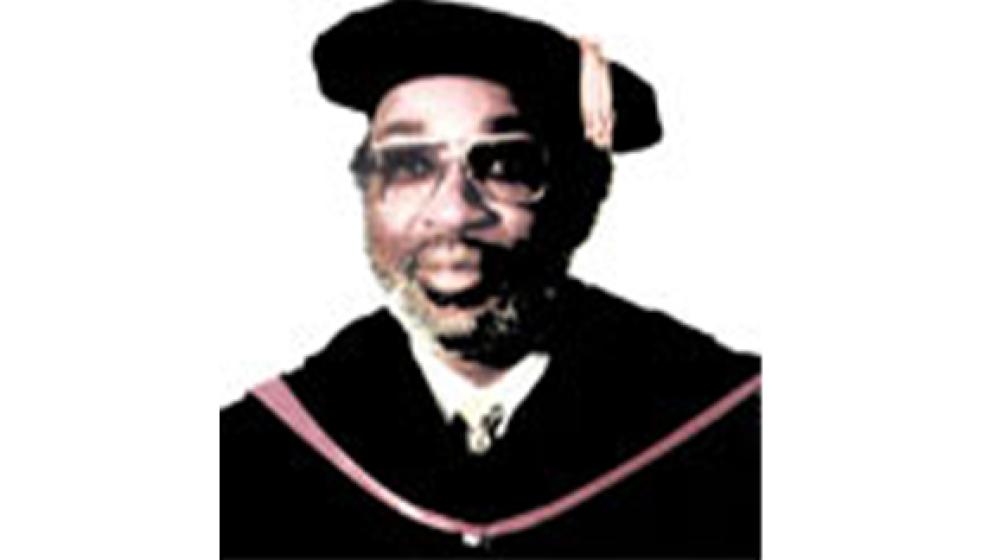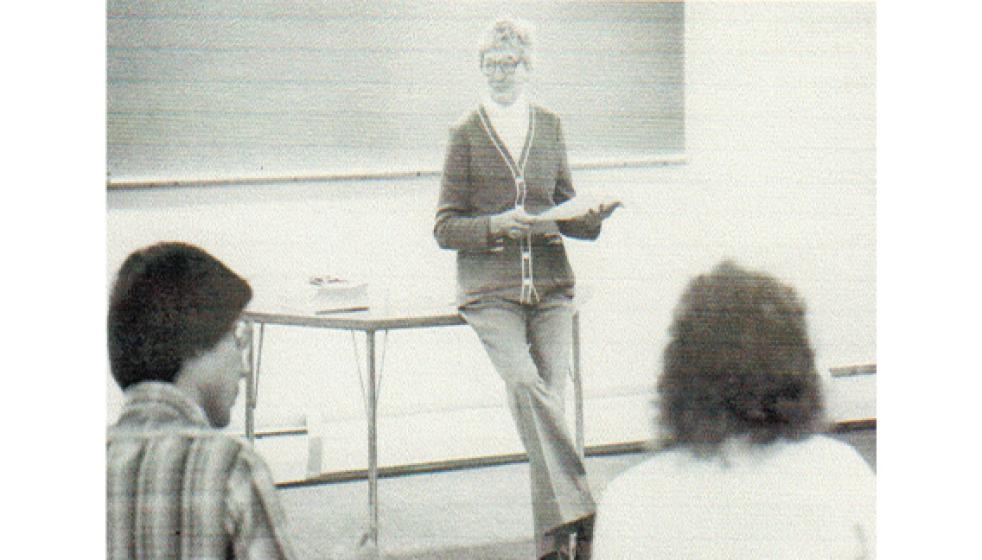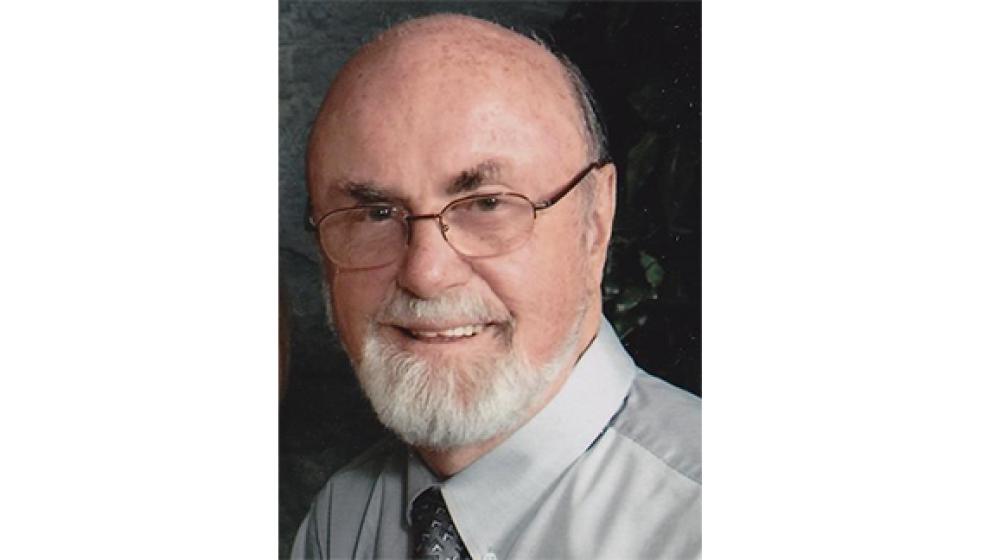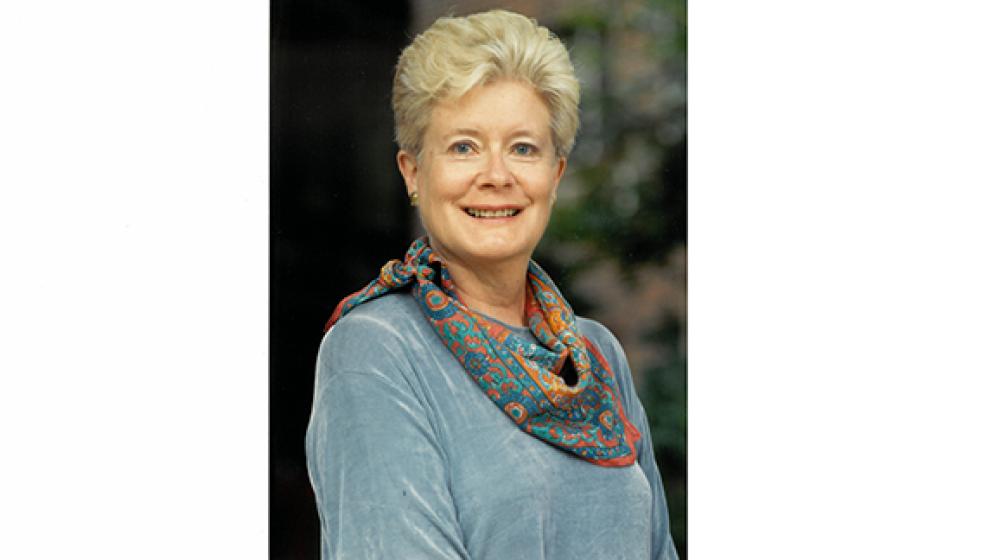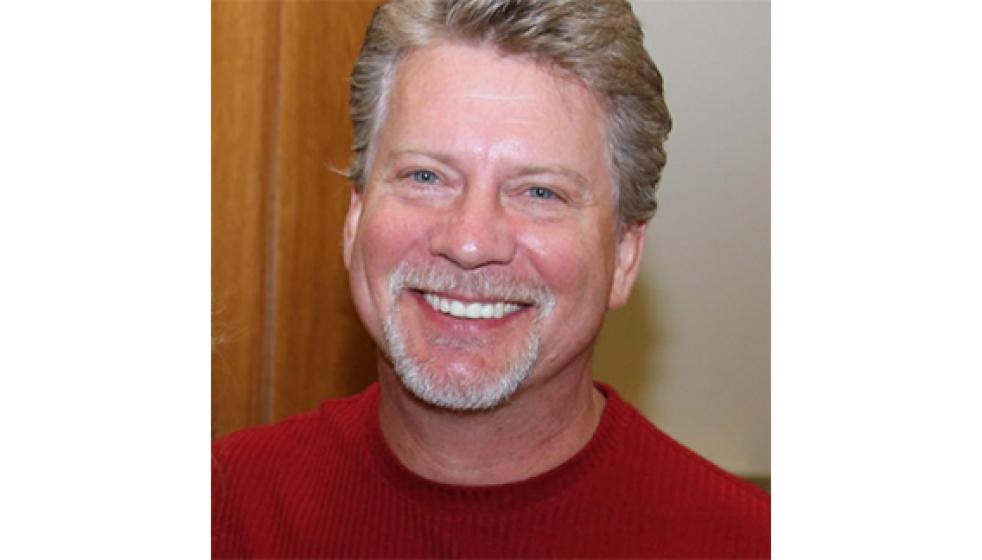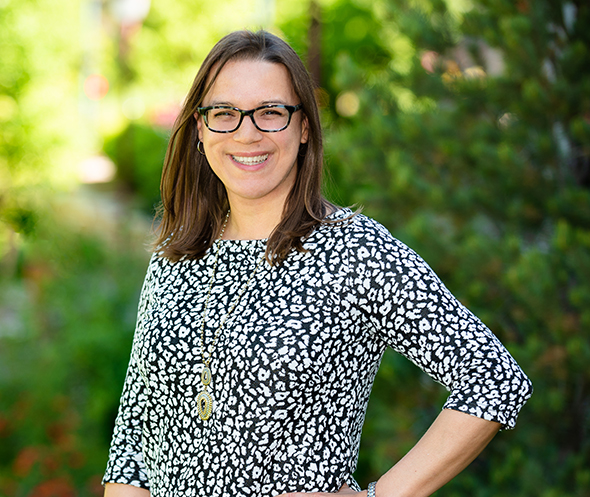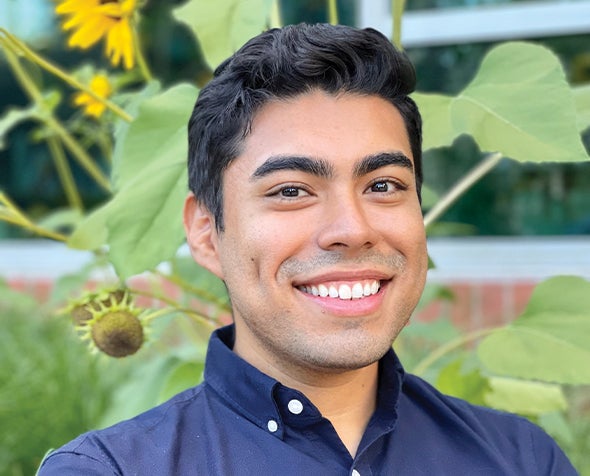Our Future Vision
The Next 90 Years
Fall 2021 marks the 90th anniversary of the University of Denver Graduate School of Social Work (GSSW). We have countless accomplishments and milestones to celebrate, as well as almost a century of contributions from the many incredible social work scholars, educators, alumni and leaders who made GSSW the remarkable place it is today.
While we’re celebrating our legacy, we’re focused on the future — a bold vision for social work that is centered on community and collective care and that delivers on the long-overdue promise of equity and justice. We’re focused on the ways we will transform social work research, practice and education to imagine, ignite and sustain change.
Learn more about GSSW’s strategic goals and vision for the future.
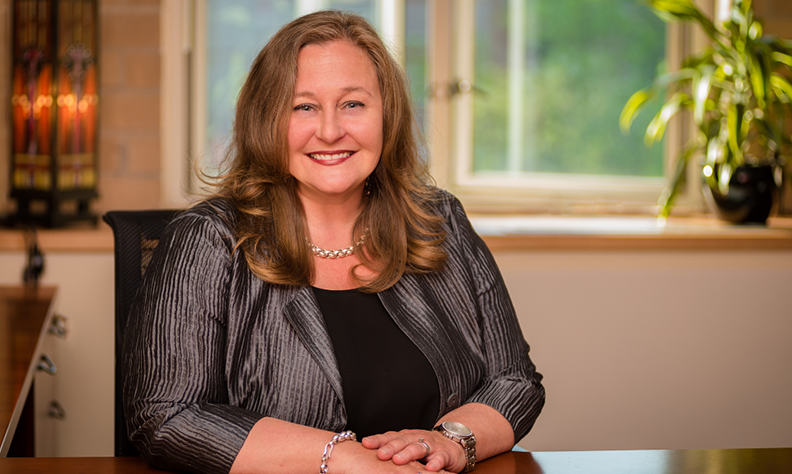
The Future of Social Work
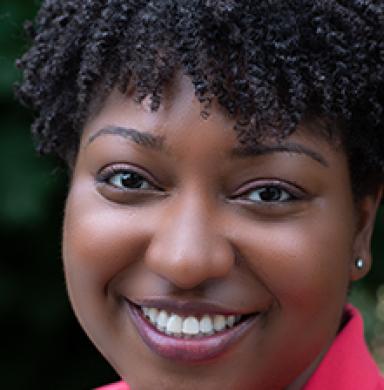
The Future of Work
What will the future of work be for today’s youth? GSSW Assistant Professor Marquisha Lawrence Scott explores the impacts of globalization and automation on healthy youth development.

Social Work and Mutual Aid
A GSSW research team is studying the ways that mutual aid has been meeting Colorado community needs during the COVID-19 pandemic.
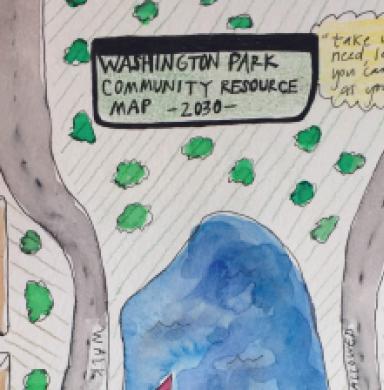
Health Futures Fellowship
Led by PhD alumna Laura Nissen, GSSW fellows are applying futures thinking and foresight practices to social work as part of the Social Work Health Futures Lab.


